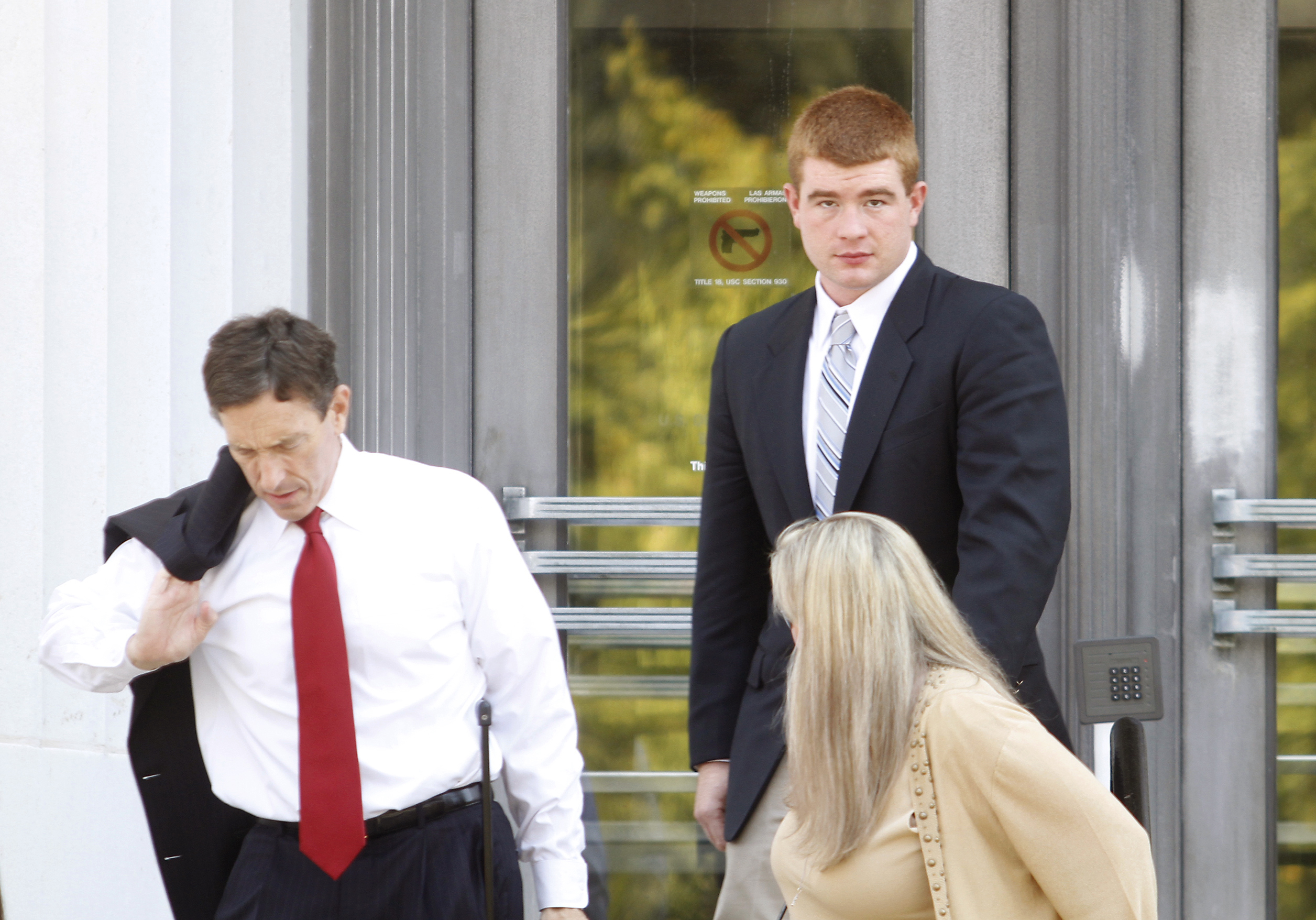Jury deliberates ex-student's suit against Sewanee
Friday, September 2, 2011
A federal jury will decide if Sewanee: The University of the South treated a former student fairly by expelling him following a 2008 rape accusation.
It also will decide if the student is entitled to money because of the school's actions.
Attorneys finished closing arguments Thursday morning, the seventh day of the trial in a lawsuit alleging negligence and breach of contract. The former student's attorneys asked the jury for $5.5 million in compensation for damage to his reputation and future job prospects.
The former student, identified only as John Doe in court documents, alleges that the university failed to protect him by not giving him a fair hearing after another student, identified only as A.B. in court documents, accused him of rape.
A.B. left Sewanee after making the charges and never pursued a criminal case against Doe.
The nine-member jury deliberated for about three hours Thursday and will begin considering the case again at 9 a.m.
Doe's Washington D.C.-based attorney, Charles Wayne, told the jury that the university's defense throughout the trial attempted to "throw dirt on this young man's reputation."
"People assume the university did a thorough job with such a serious allegation; you know otherwise," Wayne said.
The university's attorney, Rosemarie Bryan, encouraged the jury to understand the school's handling of the rape accusation and later expulsion of Doe not as something akin to a criminal hearing but rather as an educational attempt to enforce the school's code of conduct.
"This case is about the responsibility that the university had to A.B. to go ahead with her charge," Bryan said.
Follow @SportsChattShe also asked the jurors to look at the school's policy and assured them they would see that the school followed that policy.
Wayne attacked the policy as insufficient to protect students and questioned how educational the process could be when Doe received a one-day notice of the charge before the hearing that led to his being expelled.
Doe and A.B. had sexual intercourse in his dorm room on Aug. 29, 2008. A.B. left the room briefly after the act to use the restroom but returned. She stayed until about 7 a.m. and later called police to report Doe had raped her.
On Sept. 16, 2008, she met with Sewanee Dean Eric Hartman to report the incident. Hartman charged Doe with rape under the school's sexual assault policy and asked a fellow dean to investigate.
Two days later, Hartman told Doe he had been charged with rape and that the hearing would be the next day. He told Doe to meet with his faculty adviser, write a statement and bring only a character witness.
At the hearing, Doe was found guilty of violating the school's sexual assault policy after the three-member discipline committee decided he should have known A.B. was unable to consent because she had been drinking alcohol and smoking marijuana.
Months later, after filing a lawsuit, Doe learned that A.B. was on four medications for anxiety, depression and narcolepsy. She left the school during the fall 2008 semester to seek drug and alcohol treatment.
Doe has claimed damage to his reputation, possible job opportunities lost - he said he wants to join the Marines, go to law school and possibly run for public office - as a result of the university's handling of the accusation against him.


